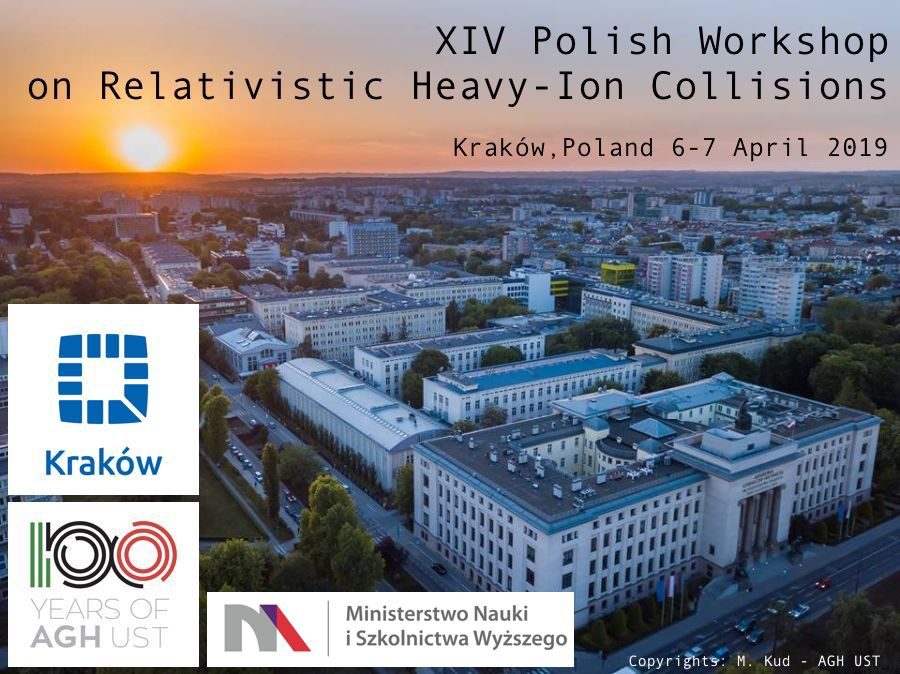Speaker
Description
Short-range correlations of particles produced in relativistic heavy-ion collisions are actively studied both theoretically and experimentally, as the correlation functions provide information about space-time structure of the interactions zone. The correlations result from quantum statistics, when one deals with identical particles, and from final-state interactions of particles of interest. Light nuclei are also produced in relativistic heavy-ion collisions due to final-state interactions or coalescence and thus the questions arises how to compute a meson-deuteron correlation function. The function is experimentally accessible and an analysis of the data from the ALICE experiment at LHC is under way. We discuss the problem of meson-deuteron correlations from theoretical point of view and we show how to compute the correlation function taking into account the coalescence process of neutron and proton. Predictions of the pion-deuteron correlation function are presented.

